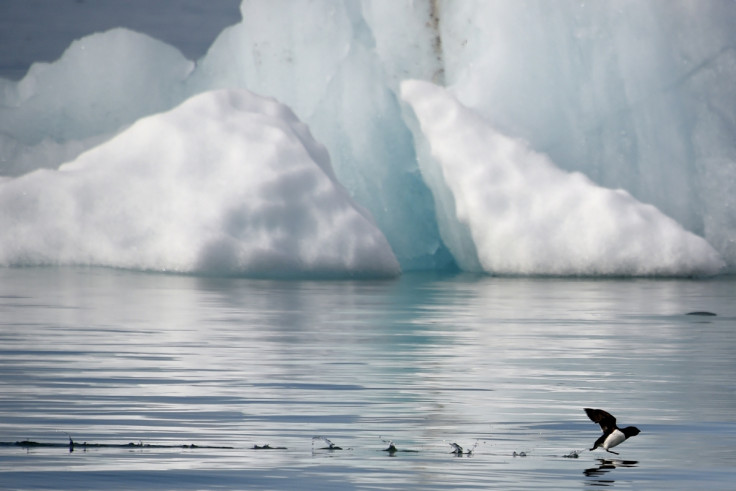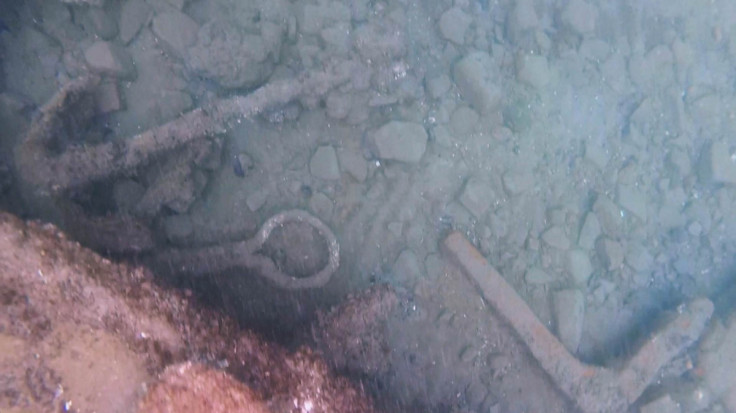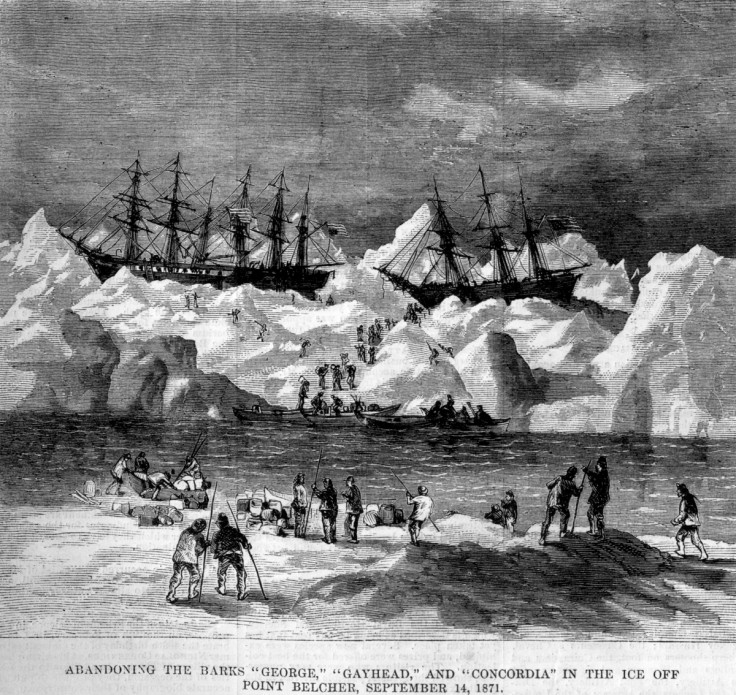Melting Arctic ice: Wreckage of more than 100-year-old whaling ships found in Alaska

Remains of as many as 33 whaling ships that sank off Alaska's Arctic coast in 1871 have been discovered by archaeologists from the National Oceanic and Atmospheric Administration. The recovered parts include battered hulls of at least two ships.
Some of the material discovered included anchors, fasteners and ballast and brick-lined pots that were used to make whale blubber into oil. The discovery was made by the team working under the Maritime Heritage Program of the National Oceanic and Atmospheric Administration (Noaa).
"Earlier research by a number of scholars suggested that some of the ships that were crushed and sunk might still be on the seabed," Noaa archaeologist Brad Barr said in a statement. "But until now, no one had found definitive proof of any of the lost fleet beneath the water."

The shipwrecks were revealed as a result of melting Arctic ice due to climate change, archaeologists said. The discovery, after nearly 144 years of sinking of the fleet, highlights some of the impacts of global warming in the region, including diminishing sea ice and melting permafrost, the frozen layer of soil or rock.
On 12 September 1871, over 1,200 whalers aboard 33 whaling vessels were stranded in the Arctic Ocean as their ships were trapped by pack ice. "The ships were destroyed in a matter of weeks."

However, captains, crew, officers and some of their families on board were all rescued by seven nearby whaling ships, archaeologists said. But to save the a large number of whalers, the rescuing fleets had to throw away their precious cargo of whale oil and bone as well as the expensive whaling gear to make room for the survivors. The incident marked "the demise of commercial whaling in the United States", they said.
According to the Noaa team, with less ice in the Arctic as a result of climate change, they now have more access to potential shipwreck sites. Traces of ship gear salvaged from the wreckage and scattered timber were also found stranded on isolated beaches in the region in September 2015, they said.
© Copyright IBTimes 2025. All rights reserved.






















